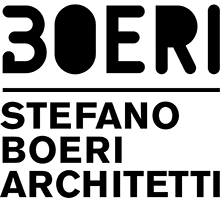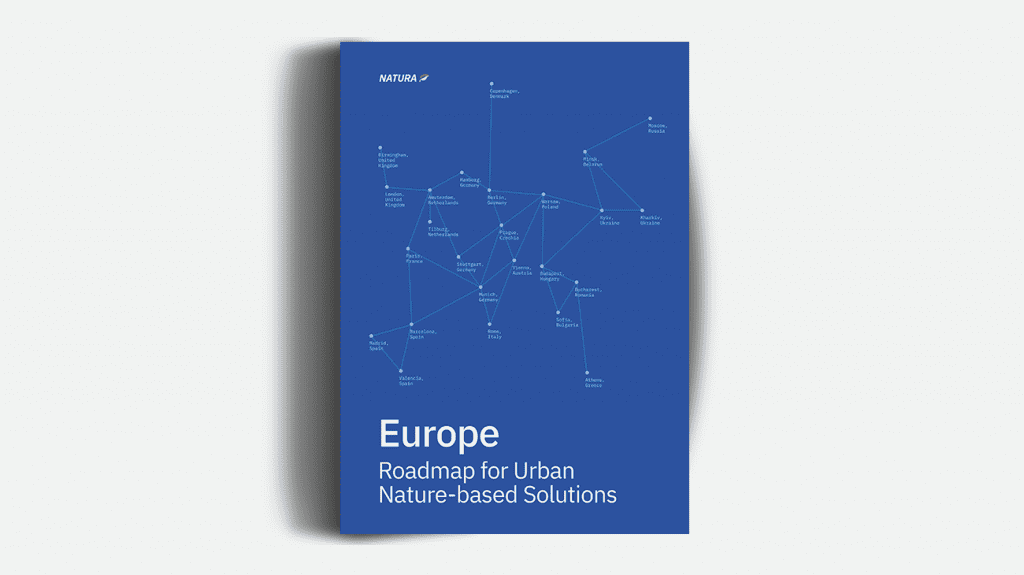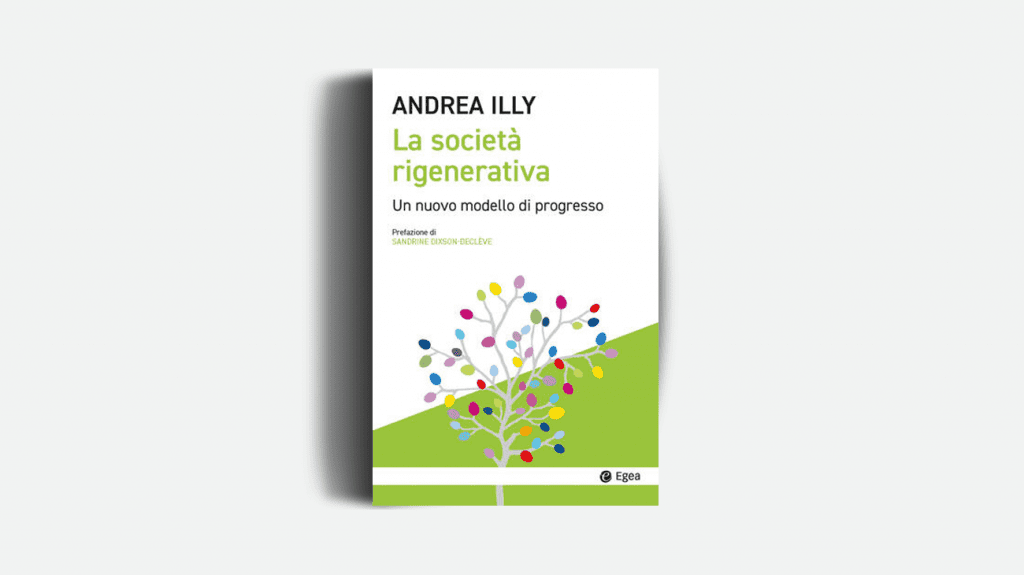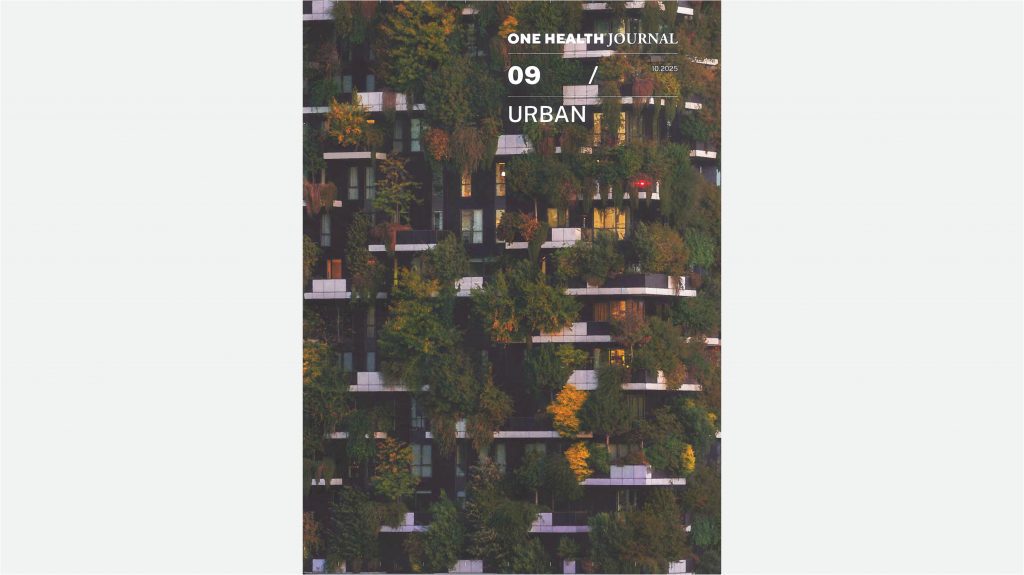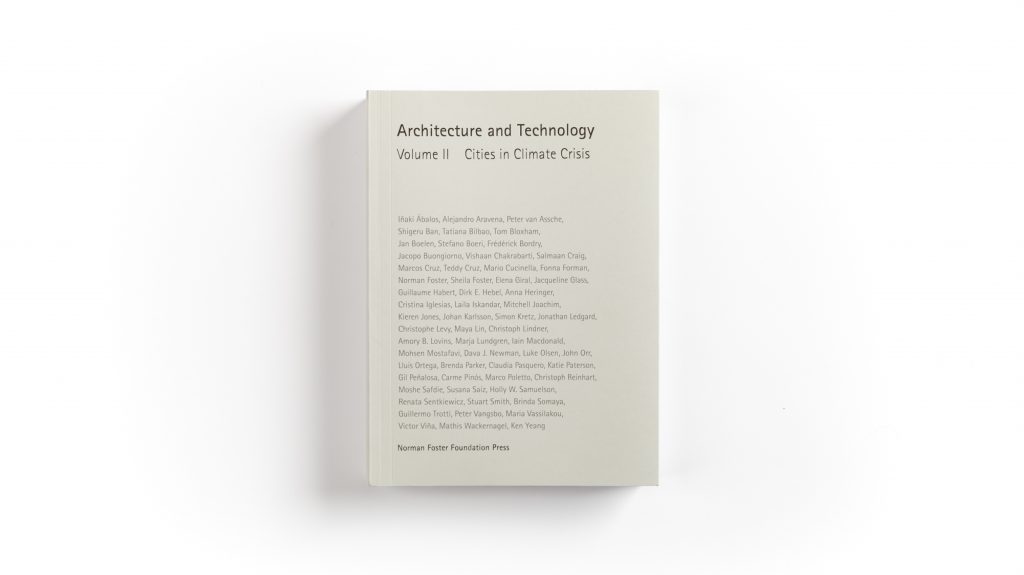Stefano Boeri
Stefano Boeri (Milan, 1956), architect and urban planner, is Full Professor of Urban Planning at the Politecnico di Milano and Director of the Future City Lab at Tongji University in Shanghai.
Architect of the Bosco Verticale (Milan, 2014), his work ranges from urban visions to design, with constant attention to the geopolitical and environmental implications of urban phenomena. Since 2018 he has served as President of Triennale Milano, and he is Commissioner of the 24th International Exhibition “Inequalities” (May – November 2025).
A leading figure in the international architectural debate on climate change, Stefano Boeri is also renowned for his research on urban forestry. He is co-chair and member of the scientific committee of the World Forum on Urban Forests (Mantua, 2018; Washington D.C., 2023). From 2023 to 2025 he coordinates the Roma050 Laboratory, aimed at developing a new urban and territorial vision for the city of Rome.
In 2023, he was awarded an Honorary Doctorate in Chemical, Geological and Environmental Sciences by the University of Milano-Bicocca.
Biography
Stefano Boeri graduated in Architecture from the Politecnico di Milano in 1980 and obtained a PhD in Urban Planning from IUAV University of Venice in 1989. In 2023, he was awarded an Honorary Doctorate in Chemical, Geological and Environmental Sciences from the University of Milano-Bicocca.
He is Full Professor of Urban Design at the Politecnico di Milano. Among the themes explored in his Urban Design Studio is the coexistence of human, animal, and plant species, which gave rise to the vision Milano Animal City (2014–2016).
He has taught as Visiting Professor at various institutions, including the Berlage Institute in Rotterdam, the Polytechnic of Lausanne, and the Strelka Institute in Moscow. In Shanghai, he directs the Future City Lab at Tongji University, a postdoctoral research program exploring the transformation of global metropolises through the lenses of biodiversity and urban forestry.
Appointed President of the Fondazione Futuro delle Città by the Italian Prime Minister’s Office, Boeri is also President of the Scientific Committee of Forestami (2020–ongoing), an urban forestry initiative for the Milan metropolitan area that envisions the planting of 3 million trees by 2030.
In 1993, he founded Multiplicity, a research agency bringing together artists, photographers, and analysts to explore the relationship between geopolitics and urban planning.
At the UN Climate Action Summit (2019) in New York, he presented the project Green Urban Oases, developed in collaboration with FAO, C40, and other research institutions. In 2017, he participated in the Commonwealth program Regenerative Development to Reverse Climate Change and served as co-chair and scientific committee member of the World Forum on Urban Forests (Mantua 2018; Washington D.C. 2023).
Following the 2016 earthquake in Central Italy, he was appointed Urban Planning Consultant by the Italian Government’s Special Commissioner for Reconstruction.
From 2011 to 2013, he was Councillor for Culture, Fashion, and Design for the Municipality of Milan. Between 2008 and 2010, alongside Richard Burdett, Jacques Herzog (Herzog & de Meuron), and William McDonough, he was part of the architectural advisory board responsible for defining the concept masterplan of Expo 2015.
His professional practice has also encompassed urban regeneration projects in cities such as Shanghai, São Paulo, Moscow, Geneva, Tirana, Eindhoven, Utrecht, Cancún, Riyadh, Cairo, as well as numerous Italian cities, including Milan, Genoa, Cagliari, Padua, Taranto, and others.
Since February 2018, Boeri has been President of Triennale Milano (confirmed for a second mandate in 2022) and currently serves as Commissioner of the 24th International Exhibition “Inequalities” (May – November 2025).
Architecture and Urban Planning
Boeri carries out extensive research and design activity in architecture and urban planning, with projects developed worldwide.
In 1999, together with Gianandrea Barreca and Giovanni La Varra, he founded Boeri Studio. In 2011, he established Stefano Boeri Architetti, whose current partners are Francesca Cesa Bianchi (2019), Marco Giorgio (2019), and Pietro Chiodi (2023). The practice has offices in Milan, Tirana, and Shanghai (the latter founded in 2014 with Yibo Xu). In 2018, he co-founded Stefano Boeri Interiors with Giorgio Donà, focusing on interior and product design.
Among his most renowned projects is the Bosco Verticale, built by Boeri Studio in the Isola district of Milan. The two residential towers, 112 and 80 meters tall, host a rich plant biodiversity: 800 trees (480 medium-to-large, 300 smaller in size), 15,000 perennials and groundcover plants, and 5,000 shrubs. The project represents a model of vertical densification of urban greenery, promoting energy efficiency and biodiversity without expanding urban sprawl.
The Bosco Verticale has received numerous awards, including the International Highrise Award (2014), promoted by the Deutsches Architekturmuseum in Frankfurt, and the CTBUH Award (2015) for “Best Tall Building Worldwide,” conferred by the Council on Tall Buildings and Urban Habitat and the Illinois Institute of Technology in Chicago. The model has since been adapted in other cities, including Nanjing, Huanggang, Utrecht, Treviso, Antwerp, Tirana, and Eindhoven (the latter as social housing).
In 2013, for Marseille European Capital of Culture, Boeri Studio inaugurated the Villa Méditerranée, a 9,000 m² exhibition and research center overlooking Marseille’s harbor, designed to host cultural and research events on Mediterranean issues. Featuring an artificial dock, the project emphasizes the sea as a reference space, offering a unique dialogue between a suspended conference hall at 36 meters and a large water plaza below.
Selected Projects
Stefano Boeri Architetti
• Ramagrama Stupa – Masterplan, Lumbini, Nepal, 2024–ongoing
• ALER Housing Redevelopment, Monza, Italy, 2023–ongoing
• Tratturi Masterplan, Molise Region, Italy, 2023–ongoing
• A Dead Forest, Syracuse, Italy, 2019 – stage design for Euripides’ The Trojan Women
• New Entrance to the Domus Aurea, Rome, Italy, 2019–2021
• Parco del Polcevera and the Red Circle, Genoa, Italy, 2019–ongoing
• Parco Italia – Vision, Italy, 2019–ongoing
• Amatrice Food Hub, Amatrice, Italy, 2018
• Trudo Vertical Forest, Eindhoven, Netherlands, 2017–2021
• Sala 5: Raphael’s Cartoon Room, Biblioteca Pinacoteca Ambrosiana, Milan, Italy, 2017–2019
• Three New Schools for Tirana, Tirana, Albania, 2017–2024
• Wonderwoods Vertical Forest, Utrecht, Netherlands, 2017–2025
Boeri Studio
• New Policlinico Hospital, Milan, Italy, 2007; 2009–2010; 2017–2018; 2020–2025
• Bosco Verticale, Milan, Italy, 2014 – two residential towers (112 m and 80 m) centered on biodiversity
• Villa Méditerranée, Marseille, France, 2013 – exhibition and research center on Mediterranean issues
• Casa del Mare, former Arsenale La Maddalena, Sardinia, Italy, 2009 – conference and exhibition center
• Sea Pavilion, former Arsenale La Maddalena, Sardinia, Italy, 2009 – commercial, exhibition, and educational space
Publishing Activity
From 2004 to 2007, Boeri served as Editor-in-Chief of the international architecture magazine Domus.
From 2007 to 2010, he was Editor-in-Chief of Abitare. He has also contributed to various journals and newspapers.
Research
Boeri is a member of the Scientific Committee of the Skolkovo Innovation Center in Moscow, alongside Jean Pistre, Speech, David Chipperfield, Mohsen Mostafavi, Kazuyo Sejima, OMA, and Herzog & de Meuron.
His research focuses on the analysis of urban territories and on the ways in which different disciplines interpret and represent the contemporary city. He is the founder of Multiplicity, a multidisciplinary collective of architects, geographers, artists, urbanists, photographers, sociologists, economists, and filmmakers, active in producing strategies, workshops, installations, and publications on urban transformation processes.
Among Multiplicity’s projects are Solid Sea, a research on Mediterranean migration flows presented at Documenta XI (Kassel, 2002); The Road Map, focused on territorial borders in the West Bank; and USE – Uncertain States of Europe, a study of self-organization in European urban contexts.
In 2012, he curated São Paulo Calling, an international research project dedicated to informal settlements and favelas in six global metropolises, with traveling exhibitions in São Paulo, Rome, Mumbai, Nairobi, Moscow, Baghdad, and Medellín. That same year, he was part of the selection committee for Pavillon Spéciale in Paris, serving as member of the international expert committee.
Political Activity
In 2013, he was invited to join the New Narrative for Europe working group, established by the European Commission and composed of artists, intellectuals, and scientists. The final report, presented in 2014 by Commission President José Barroso, included Boeri’s proposal for Europe as a “megacity” interconnected through transportation and communication infrastructures.
Curatorial Work and Exhibitions
Boeri’s works have been exhibited in numerous international institutions, including Venice Biennale, Netherlands Architecture Institute, Rotterdam, Institut Français d’Architecture (IFA), Paris, Centre d’Architecture Arc-en-Rêve, Bordeaux, Tokyo Art Gallery, Chengdu Biennale, Triennale di Milano, Beijing Design Week, Salone Internazionale del Mobile, Milan, Kunst-Werke Institute for Contemporary Art, Berlin, Musée d’Art Moderne de la Ville de Paris.
He was a member of the Scientific Committee of the Uffizi Galleries (2015–2018).
In 2017, he curated SUSAS – Shanghai Urban Space Art Season, an event promoted by the Municipality of Shanghai dedicated to urbanism, architecture, and public art.
From 2011 to 2013, as Councillor for Culture for the City of Milan, he launched BookCity and Piano City, respectively promoting reading and piano music—both of which have since become annual cultural events. He also conceived and curated MI/Arch (2013), organized by the Politecnico di Milano for its 150th anniversary, featuring international architects such as David Chipperfield, Grafton Architects, Arata Isozaki, Rem Koolhaas, Daniel Libeskind, César Pelli, Renzo Piano, and Kazuyo Sejima. He is also Artistic Director of Milano Arch Week, promoted by the City of Milan together with the Politecnico di Milano, Triennale Milano, and the Giangiacomo Feltrinelli Foundation.
From 2007 to 2012, he was founder and director of Festarch, an international architecture festival organized by Abitare magazine (Cagliari 2007/2008; Perugia 2011/2012), which hosted leading figures of contemporary architecture.
In 2008, he conceived and curated Geodesign, one of the main projects and events of Turin World Design Capital 2008.
